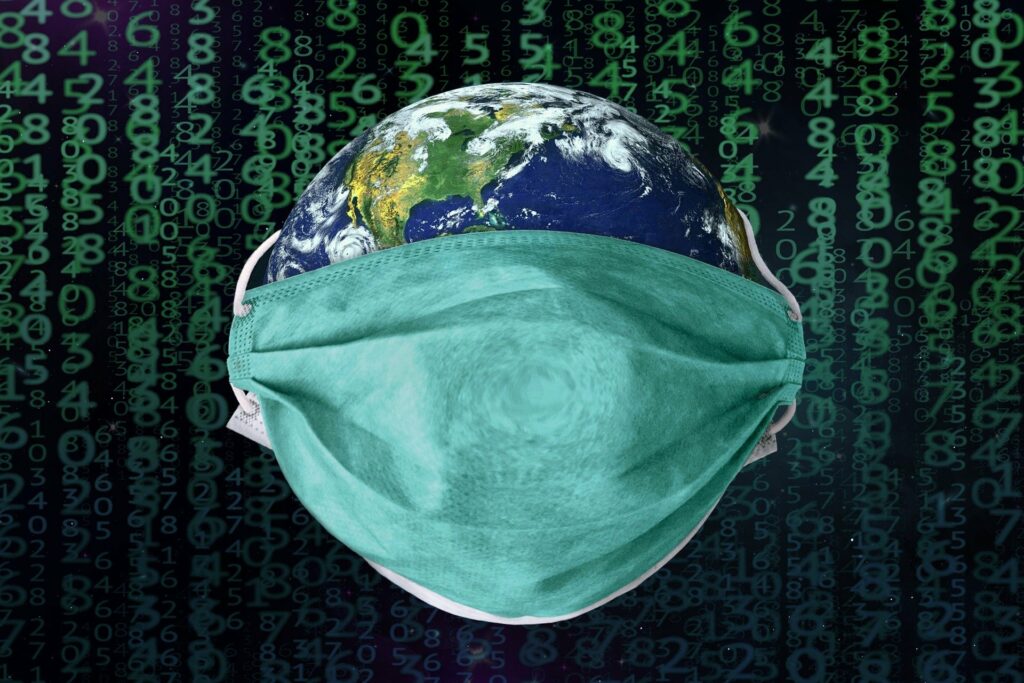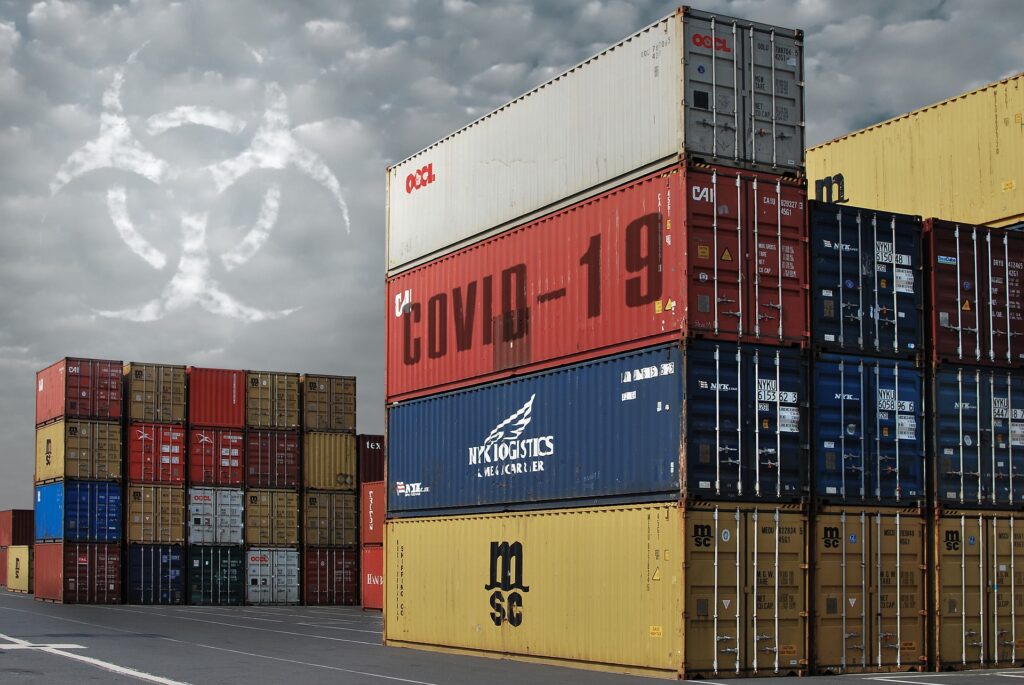How will the world look after COVID-19 crisis? Will the pandemic create a new order of the powerful and wealthy? Will there be a global power shift? Are we going to enter a distrustful world full of suffering? A world less open and free? The predictions about COVID-19 are way off the mark and not backed by the facts.
Before it all began, the economists, policymakers, financial institutions, and governments were being “know it alls” about the possible economic impact of COVID-19 pandemic. Till the last week of February, they argued that the impact of this pandemic will be brief and limited to some parts of China. But, the reality, as we are all aware, turned out to be the opposite.
COVID-19 crisis is upending everything in the global economy. To the extent that there are predictions about the end of globalisation and the culture of free movement & open borders. Of all the predictions, the slowdown of economic globalisation is likely to become a reality.
Corporate or economic globalisation refers to the increased technological, economic and cultural interconnectedness between countries, regions.
Permeating through the social values, culture, and education, globalisation has created the current global order that we live in. In this system of interdependence, the fluctuations in the economic graph of one country have an impact on the whole world.
The unprecedented rise of economic globalisation can be attributed to the rapid progress in transportation, connectivity, trade deals, neoliberalism policies, developing economies, global culture, etc. Now, the COVID-19 has wreaked havoc on this global order. The ongoing pandemic has pushed countries towards economic isolation. Within a few weeks of the outbreak, we have seen closed borders, dysfunctional supply chains, travel bans, trade (import/export) restrictions, and reduced consumption. The whole system of globalisation appears to be on the verge of collapse.

COVID-19 pandemic has highlighted the risks of overdependence on the global market and international businesses, and the importance of local industries. It has prompted the renationalization of production and rejuvenated the notion of anti-globalisation.
COVID-19 Pandemic calling into question the system of Globalisation:
- Local economies need human and natural resources for sustainability and stability. Spending these resources for the profit of international businesses is self-harm.
- Countries having excessive dependence on the international market for goods and services are suffering from lack of resources.
- Maximum resources are held by very few people. The majority is facing inequality, poverty, and menial, hard labor.
- The hijacking of free natural resources and their movement from one part of the world to another in the disguise of development has created scarcity.
- People working in other countries can be kicked out with one signature in situations such as these. The latest example is Donald Trump signing immigration order.
Borders are not just geographical concepts…
Globalisation, with its policies of free trade and open borders gives international businesses the right to exploit resources and create scarcity in developing nations and make them dependent on powerful, influential countries.
Anti-globalisation emphasizes resilience and self-sufficiency over economic interdependence. The impact of restrictive trade policies, trade wars, regional conflicts, pandemic, etc. is least on local industries.
The current system of globalisation needs to create a balance between free trade and open borders, and the sovereignty of countries. The corporate powers need to stop exercising unwarranted control over natural and human resources in economically vulnerable countries.
To sum up
The importance and relevance of local industries, and the risk with over-dependence on foreign goods, services, capital, people, data, etc. is now felt everywhere. An acceleration of changes towards sustainability and anti-globalisation is in the cards. On a positive note, anti-globalisation will prove to be an effective antidote to combat the unnecessary hostility and dirty business competition existing among human beings. It can restore global harmony and put an end to the politics for supremacy in global business and trade wars.


